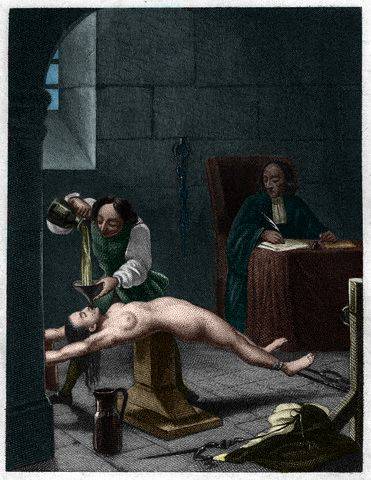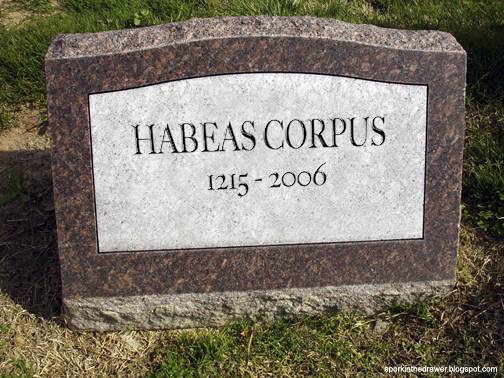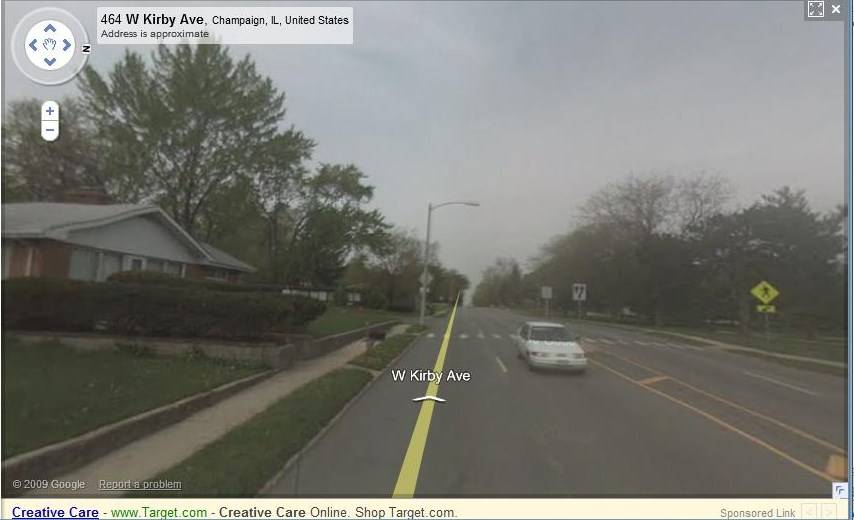
Seth Fein is my editor here at The People’s Republic of Smile Politely. Therefore, you can be certain that anything you read below made it past Seth Fein.
A couple weeks back, Seth wrote a reactionary piece about DUI. That’s not surprising. DUI is a reactionary concept: It’s only contemplated after-the-fact.
WHY WE PUNISH
Deterrence, retribution, incapacitation and rehabilitation are the four goals of punishment. In Illinois, we call our punishment system the “Department of Corrections” which proves that people once believed rehabilitation works.
We know that incapacitation works.
Seth’s proposal sought to deter DUI. But deterrence doesn’t work. Few people want to drive drunk. Very, very few want to kill others while driving drunk.
All drinking drivers will tell you: They are fine to drive. It’s no big deal.
Same with the ubiquitous motorist phone-talkers: It’s no big deal.
Later they are SOOOO SORRY, OMG!
THROW AWAY THE KEY?
The irrationale of Seth’s piece stuck mightily in the craw of persons familiar with the Constitution of the United States. In particular, they disliked these lines:
Those caught driving under the influence of drugs or alcohol to the point of direct impairment go to jail for one year, straight from the scene of the crime, no debate. Refusing blood or a breathalyzer test would result in an admission of guilt (as it is now). Fancy lawyers would only be able to represent clients in a basic way, and there would be no song and dance with the DA behind the curtain.
What can we draw from Seth’s anti-lawyer rhetoric? No Habeas corpus?
Throwing people in jail without a hearing — no matter what George Bush’s puppeteers made his lips seem to say — is the most un-American of totalitarian power grabs. Bush/Cheney’s enormous error was to restrict our freedoms “to make us free.”
 The right to a hearing is one of the basic tenets of civilized society. Of all the things people imagine to be in the Constitution, it’s pretty easy to count the things that actually are there. Due process of law appears twice. It’s in the 5th Amendment (the accused have rights) and the 14th (the states are assholes).
The right to a hearing is one of the basic tenets of civilized society. Of all the things people imagine to be in the Constitution, it’s pretty easy to count the things that actually are there. Due process of law appears twice. It’s in the 5th Amendment (the accused have rights) and the 14th (the states are assholes).
The right to plead a case shows up in the Constitution, too. You can even force people to testify on your behalf when they don’t really want to.
Question: Why do we allow such liberties for people who are Clearly Guilty?
Answer: Because dictatorships never keep political prisoners.
Governments that operate without transparency requirements are the luckiest governments in the world. They have no opposition, and no dissidents, because everybody is happy.
Yes, they lock up “drunk drivers” and “child rapists” or whatever’s unpopular. Maybe a few citizens get disappeared, but that’s only when they’ve been operating as enemy agents. The masses love it when their benevolent dictators lock up evildoers.
If people could be jailed for a year without due process, Ford County would be a black hole for all longhairs and non-whites who mistakenly drive through Gibson City after dark. They’d all be in the clink for DUI, no questions answered.
And that’s the nub of the gist. If the government is not required to provide rationale or evidence for imprisoning your brother, it won’t.

FIRST, KILL ALL THE LAWYERS
The fatal collision that compelled Seth to write his piece occurred at the intersection of Park Haven Drive and Kirby Avenue. Park Haven extends a crosswalk across Kirby. Pedestrians crossing within that swath of stripes have a right of way.
Attorneys in the (certain) forthcoming wrongful death action will be curious: Was the victim within the crosswalk? It makes a difference for liability purposes. Pedestrians should never venture into Kirby Avenue without that crosswalk.
Why?
Because the crest of a hill impedes eastbound drivers from seeing the pavement extending west from Park Haven Drive.
If no one has ever explained to you that you should never slow, stop or park just over the crest of a hill, allow me to be the first. Never slow, stop or park at a point just below the crest of a hill on any highway.
If you can’t see the road beyond the hill, oncoming traffic can’t see you.
Attorneys in the criminal and civil actions will be asking similar questions, and demanding evidence to support the answers. What if the defendant was not intoxicated? What if there’s a discrepancy between blood and Breathalyzer evidence? Does interaction with prescription medication mitigate?
I think what Seth means to say is that any of these points may mitigate culpability, but not if the driver is distracted or intoxicated.
I am happy to agree with Seth if what he seeks is presumed liability for any traffic accidents involving driving-while-disabled — whether by toxins or entertainments.
That can happen at the legislative level. The Illinois General Assembly can write statutes that transfer liability (and culpability) from any shitty driver to any great driver who happened to be on the phone.
But this would beget more fancy lawyering, not less.
DECLARATION CLARIFICATION
In the comments section, Seth sought leave to revise and extend his remarks. His admonition
Those caught driving under the influence of drugs or alcohol to the point of direct impairment go to jail for one year, straight from the scene of the crime, no debate.
became
Those caught driving under the influence of drugs or alcohol to the point of direct impairment go to jail for one year, straight from the scene of the crime, with Constitutionally mandated interruptions for arraignment pleadings, booking, the appearance of duly appointed counsel or the opportunity to retain counsel, motions hearings, pre-trial conference (but no plea bargains) and no debate except that which might determine said level of direct impairment, correctly identify the defendant as the person accused, hear testimony introducing/identifying/corroborating the scientific evidence lodged against the defendant, make available the opportunity to cross-examine that testimony.
which is perfectly reasonable.
The meaning of Seth’s admonition against plea bargains was already clear enough. Seth demands mandatory minimum sentencing. There’s nothing unconstitutional about that. It’s a bit Nixonian of him, but that’s cool. People change.
Seth doesn’t want to end classical liberalism. He wants to end reckless homicide.
But that can’t happen by making the penalties harsher. Any punishment for impaired driving is necessarily reactive. If we (society, our elected representatives) were serious about safety, we (they) would craft proactive laws.
Rather than punish people for driving while intoxicated, why not disable them from driving while intoxicated? Instead of punishing people for driving distracted, disable them from driving distracted.
More on that tomorrow.








